Discover the promising career prospects and unique advantages of pursuing this degree, including opportunities in structural engineering, transportation, and urban planning, along with the benefits of specializing in civil engineering.
Exploring the Future Scope and Benefits of B.Tech Civil Engineering
A Bachelor of Technology (B.Tech) degree in Civil Engineering is a specialized program that provides students with the knowledge and skills to design, construct, and maintain infrastructure, buildings, and transportation systems. Civil engineers are instrumental in shaping the physical environment that supports society's development and well-being. This article explores the future scope and benefits of pursuing a B.Tech in Civil Engineering.
B.Tech In Civil Engineering Future Scope
-
Infrastructure Development: As global populations continue to grow, the demand for infrastructure development remains high. Civil engineers play a pivotal role in designing and constructing modern, sustainable infrastructure, including smart cities, transportation networks, and eco-friendly buildings.
-
Sustainability: There is a growing emphasis on sustainable and environmentally friendly construction practices. Civil engineers are at the forefront of designing green buildings, implementing energy-efficient systems, and developing sustainable water management solutions.
-
Transportation Engineering: With urbanization on the rise, transportation networks are undergoing significant expansion and improvements. Civil engineers specializing in transportation engineering work on projects related to roadways, railways, airports, and public transit systems.
-
Water Resources and Environmental Engineering: As water scarcity becomes a global concern, civil engineers with expertise in water resources and environmental engineering are essential. They work on projects related to water supply, wastewater treatment, and environmental protection.
-
Geotechnical Engineering: Geotechnical engineers deal with the behaviour of soil and rock in civil engineering projects. This specialization is crucial for infrastructure development, foundation design, and the mitigation of geological hazards like landslides and earthquakes.
-
Structural Engineering: Structural engineers are responsible for designing safe and resilient structures. With the need for earthquake-resistant buildings and the ongoing development of high-rise structures, this field offers promising career prospects.
B.Tech In Civil Engineering Benefits
-
Advanced Expertise: A B.Tech in Civil Engineering equips graduates with advanced knowledge and expertise in their field, making them highly sought after by employers for specialized roles.
-
Competitive Advantage: Employers often seek candidates with advanced degrees for leadership positions and specialized roles. A B.Tech degree can give you a competitive advantage in the job market.
-
Research Opportunities: B.Tech programs typically include a research component, allowing students to engage in cutting-edge research projects. This can lead to contributions to the field's knowledge base and potential opportunities for publications and patents.
-
Career Advancement: Civil engineers with B.Tech degrees are well-positioned for career advancement. They may move into roles such as project managers, consultants, or researchers, which often come with increased responsibilities and higher salaries.
-
Global Opportunities: Civil engineering is a global profession, and B.Tech graduates can find opportunities to work on projects in various countries. This global exposure can be personally enriching and professionally rewarding.
-
Impactful Work: Civil engineers have the opportunity to work on projects that have a lasting impact on society. Whether it's designing sustainable infrastructure, improving transportation networks, or ensuring access to clean water, civil engineers contribute to the betterment of communities and the world.
-
Job Security: Infrastructure development is an ongoing need, and civil engineers are in constant demand. This provides a sense of job security and stability in the profession.
 4 Years
4 Years
 Under Graduate
Under Graduate
 Engineering
Engineering

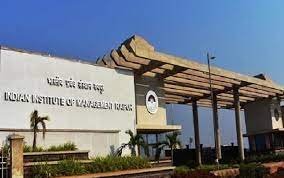
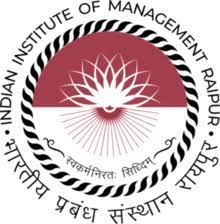

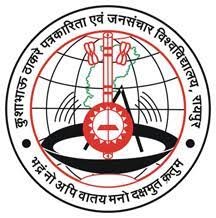
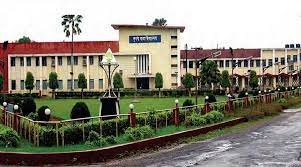



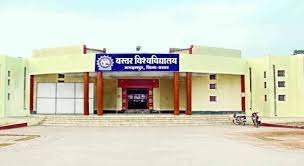

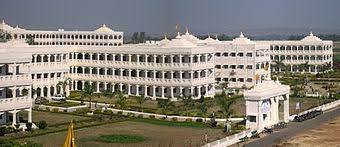


 back
back

